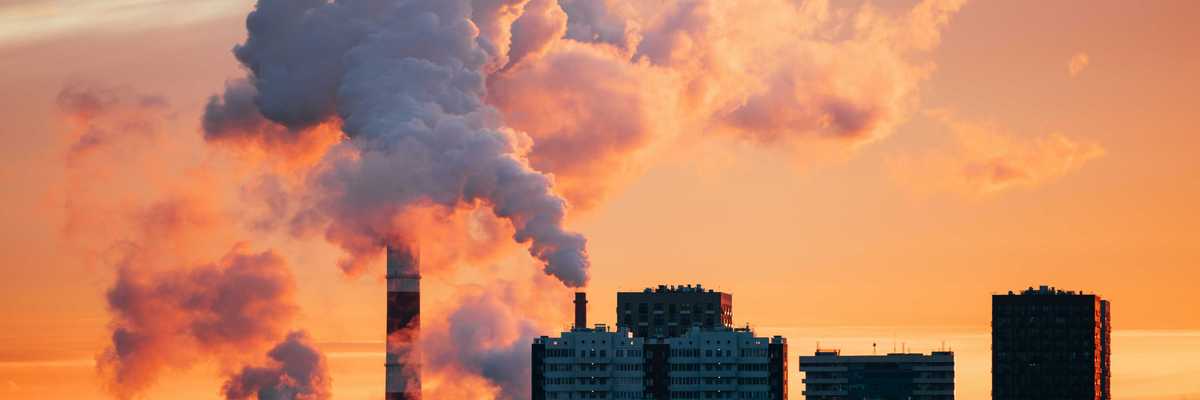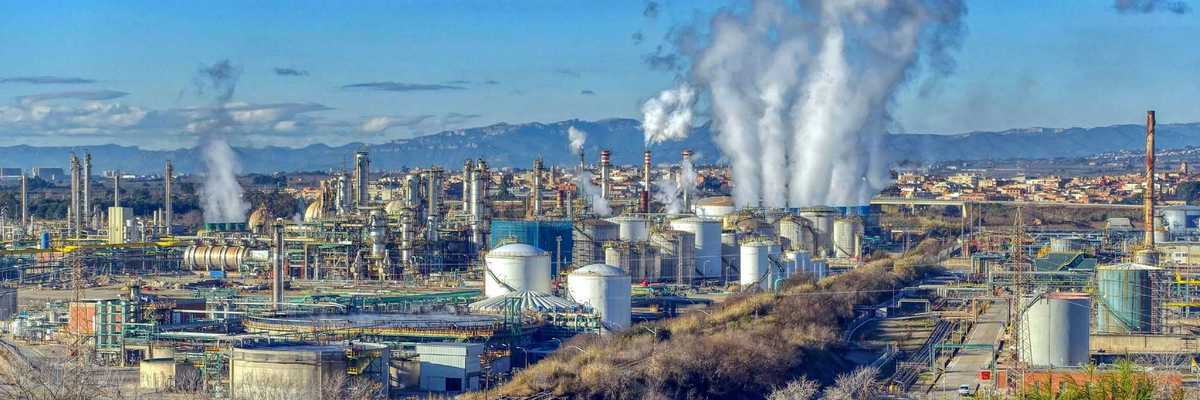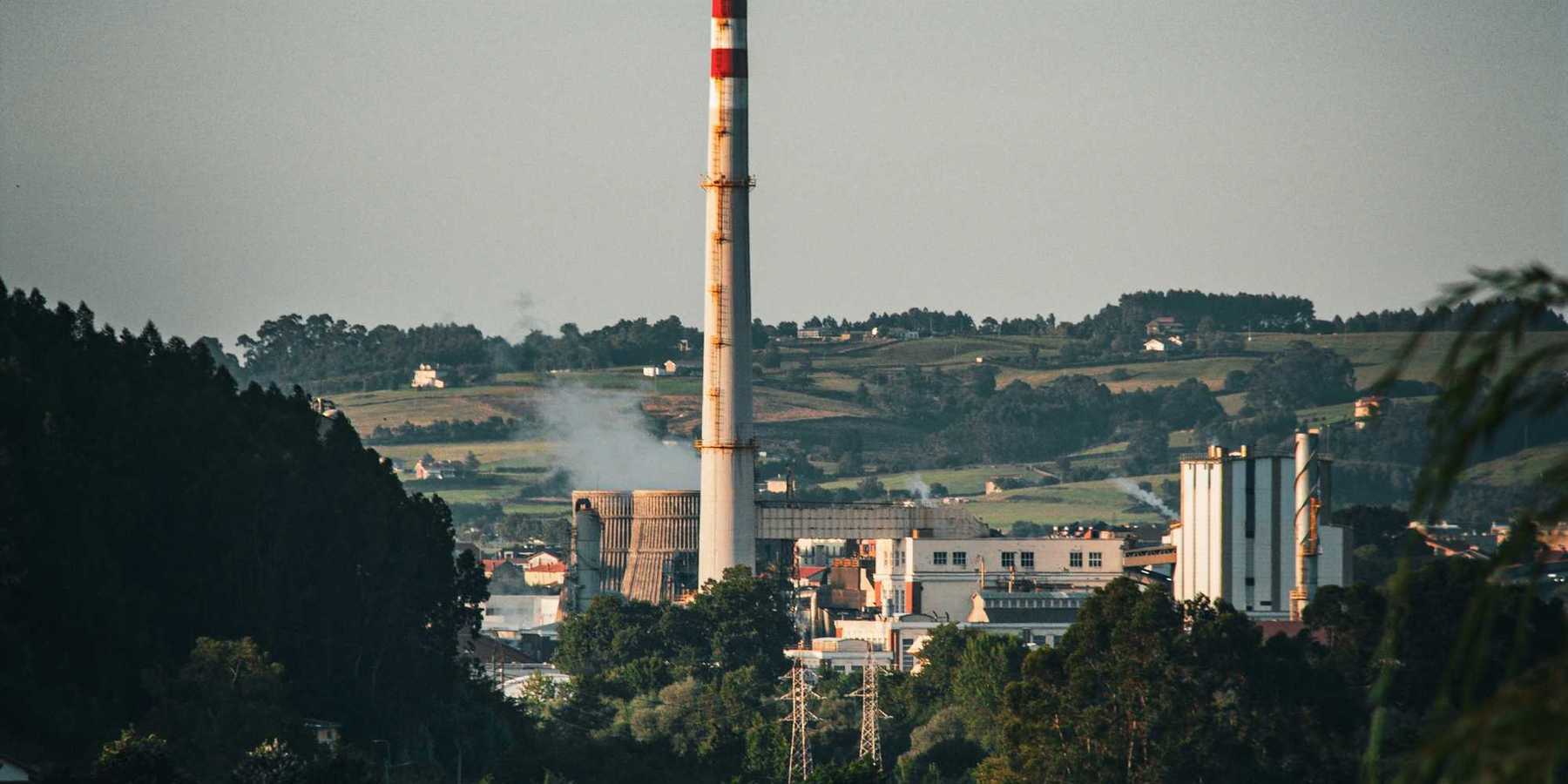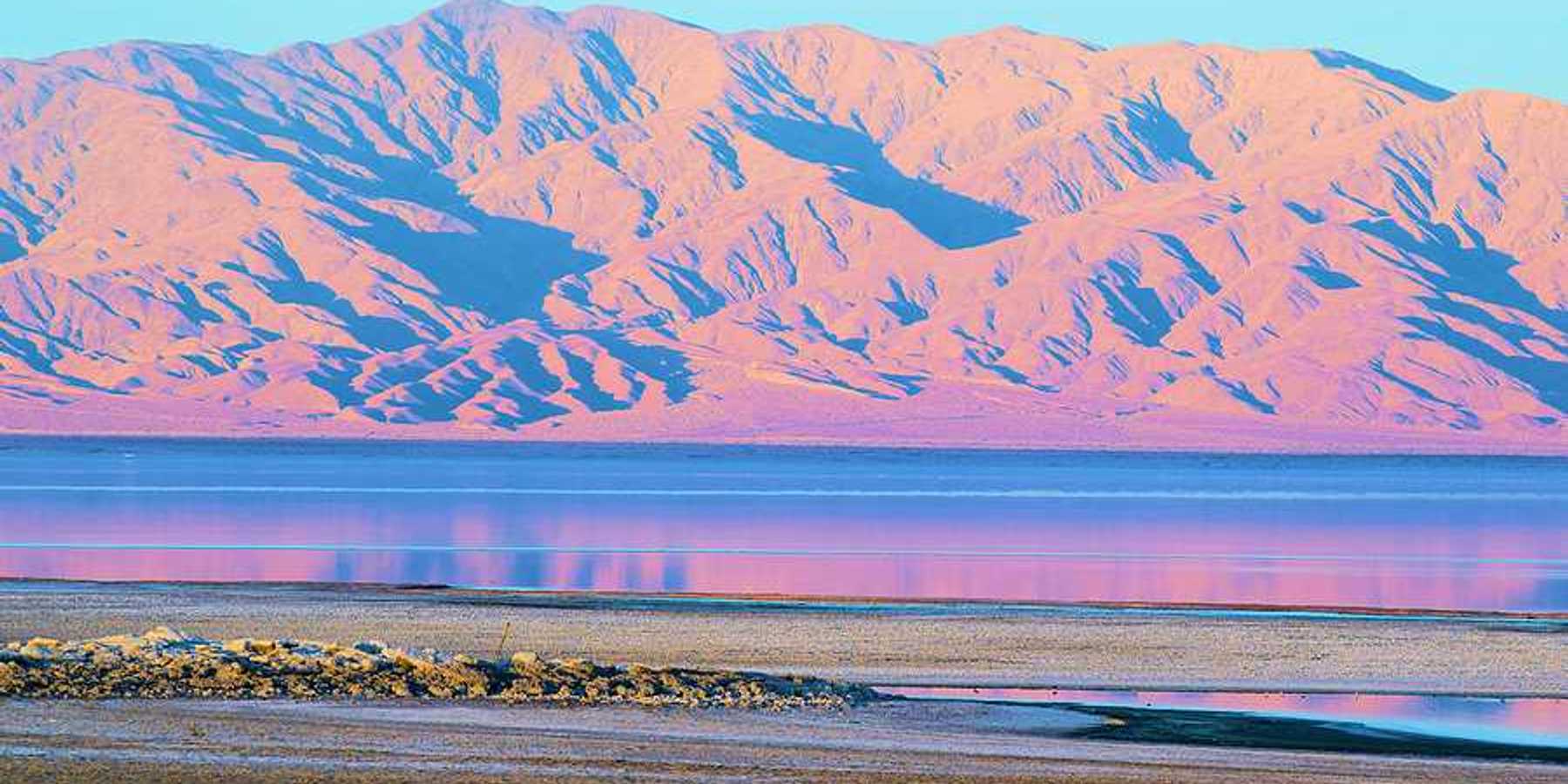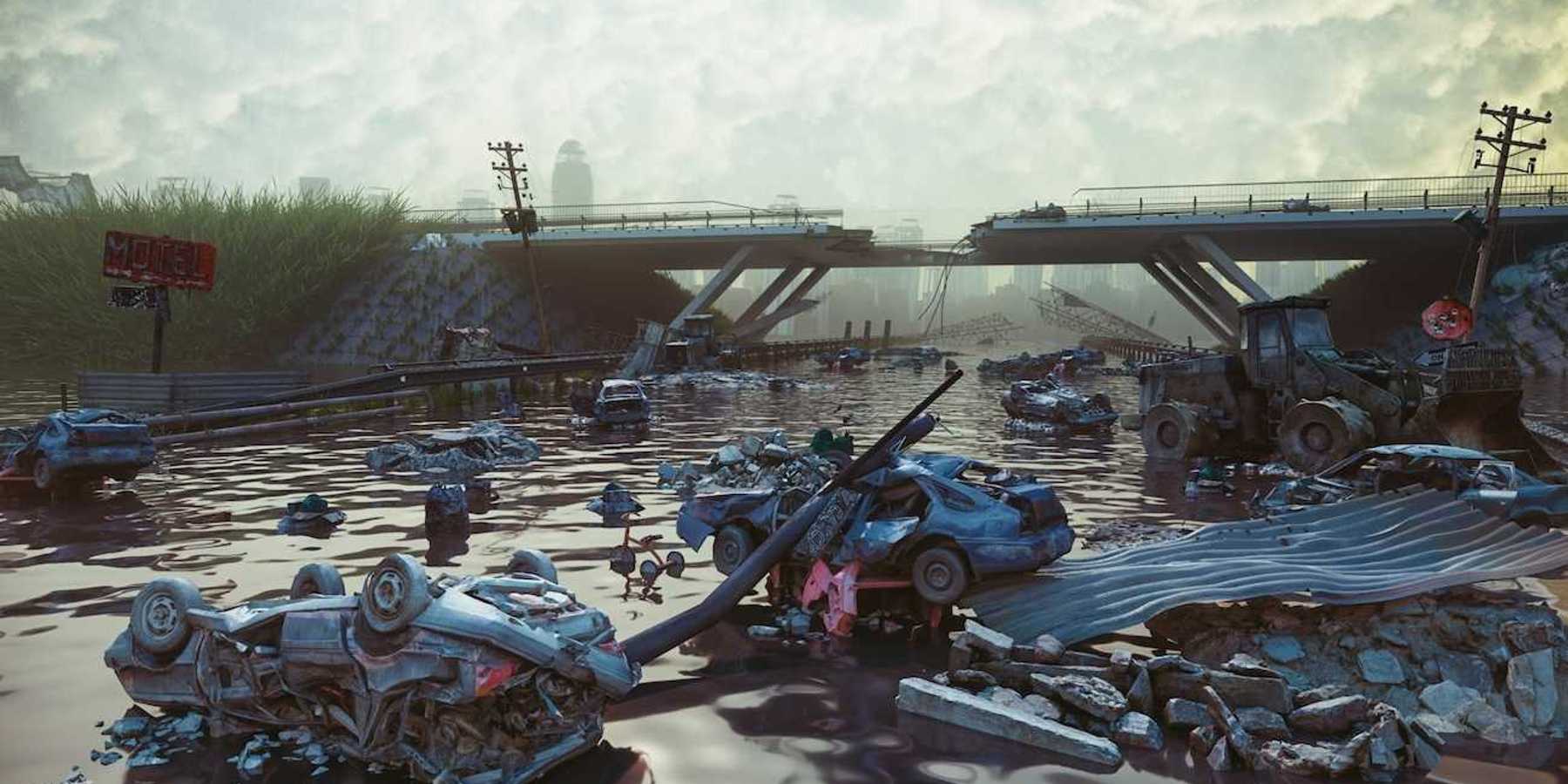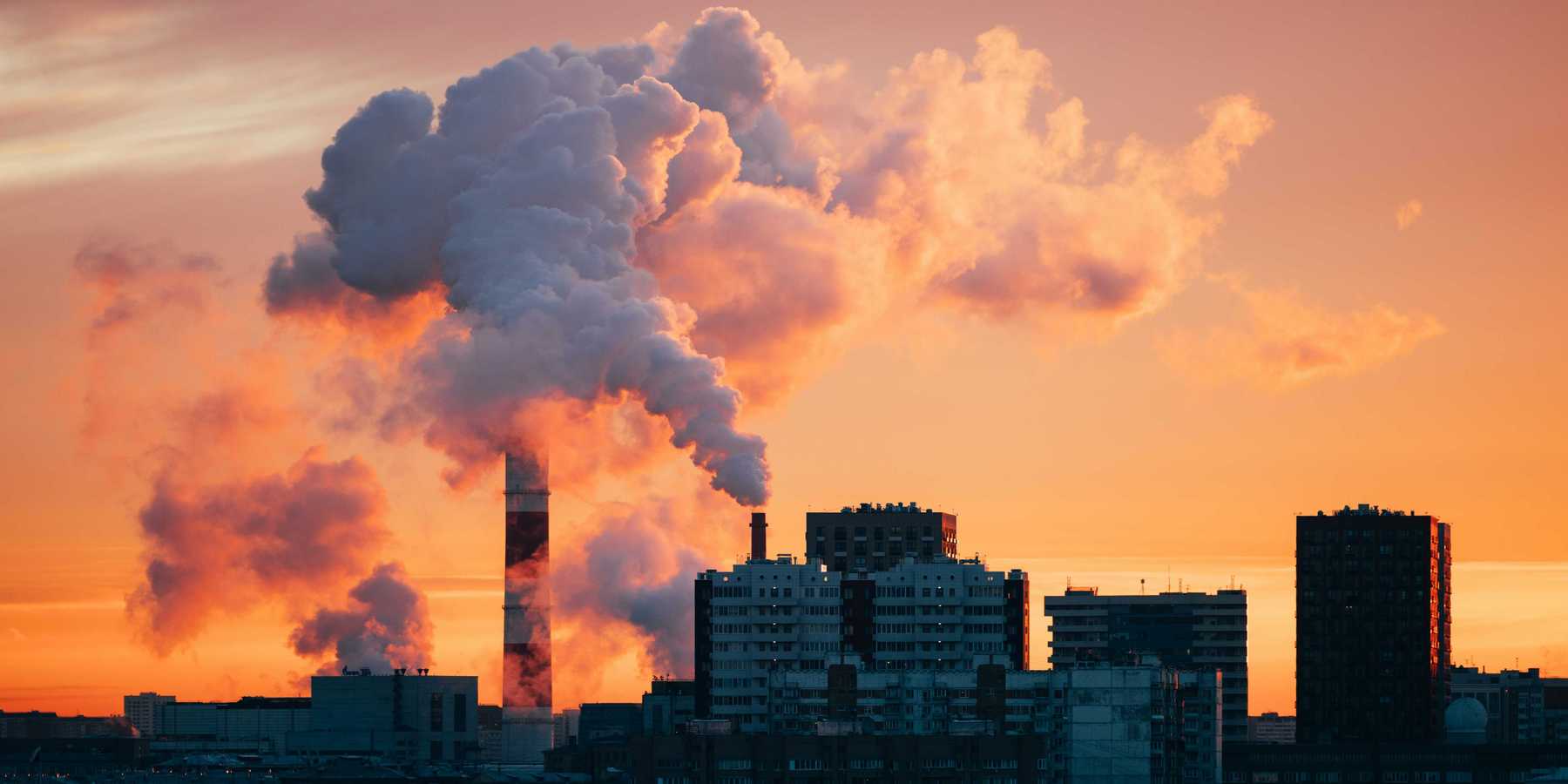antónio guterres
Big polluters must cut emissions or risk global catastrophe, says UN chief
The UN Secretary-General António Guterres warned at the Pacific Island Forum that without drastic emission cuts by major polluters, the world faces a looming climate disaster.
In short:
- The Pacific region is particularly vulnerable to the effects of climate change, including rising sea levels and ocean acidification.
- Guterres emphasized the unfair burden on Pacific islands, which contribute little to climate change yet face its harshest consequences.
- Australia’s continued reliance on fossil fuels was criticized, highlighting the global need for urgent emission reductions.
Key quote:
“The sea is taking the heat—literally.”
— António Guterres, UN Secretary-General
Why this matters:
Pacific Island nations, though least responsible for climate change, are most at risk. Their survival depends on global actions to curb emissions and address climate injustices.
Related EHN coverage:
UN chief warns of 'gates of hell' in climate summit, but carbon polluting nations stay silent
Associated Press: The United Nations chief says Earth is facing a hellish problem in climate change and its leaders still aren’t doing nearly enough to curb carbon emissions that’s causing it, reports Seth Borenstein for the Associated Press.
In a nutshell:
In a stark warning, the head of the United Nations, António Guterres, expressed deep concerns about the intensifying effects of climate change, likening it to the "gates of hell." He called on major greenhouse gas-emitting nations to take more substantial actions to reduce heat-trapping gases. Leaders of these nations, including China, the United States and India, did not participate in the so-called climate ambition summit, leaving Guterres pleading for action. Despite commitments to limit warming to 1.5 degrees Celsius, the world is on a path toward a dangerous 2.8-degree Celsius increase, highlighting the urgent need for collective efforts to combat climate change.
Key quote:
Guterres called on “major emitters — who have benefitted most from fossil fuels — to make extra efforts to cut emissions, and on wealthy countries to support emerging economies to do so.”
The big picture:
The lack of action on climate change, particularly by the world's major emitters, poses severe health and environmental risks. Rising global temperatures can lead to extreme weather events such as hurricanes, floods and wildfires, causing extensive damage to ecosystems and human communities. Prolonged exposure to heatwaves and air pollution resulting from unabated carbon emissions can have dire health consequences, including heat-related illnesses and respiratory problems. The resulting disruptions in agriculture and food supply chains exacerbates food insecurity, affecting the well-being of vulnerable populations. Addressing climate change is not just an environmental imperative; it's a critical public health and humanitarian concern.
Read the article in the Associated Press.
Whatever long game the Biden administration hopes to play, the planet is telling us that we are going into the fourth quarter with no promise of overtime, wrote Derrick Z. Jackson for EHN in 2021. Have we made progress since then?
U.N. chief's test: Shaming without naming the world's climate delinquents
UN adds new disclosure requirements for upcoming COP28, acknowledging the toll of corporate lobbying
Watchdog groups call the change a "baby step" toward reform, while UN chief Antonio Guterres says climate action must start with the fossil fuel industry, “the polluted heart of the climate crisis.”
Fight between rich countries and developing nations holds up key UN climate report
Publication of a major new United Nations report on climate change is being held up by a battle between rich and developing countries over emissions targets and financial aid to vulnerable nations.


